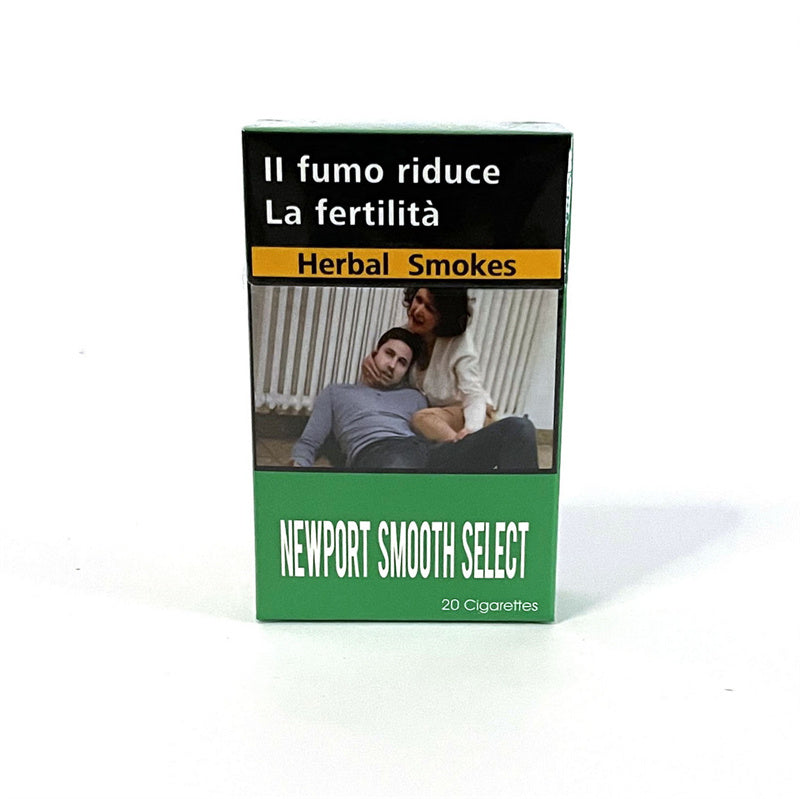According to South Korea's Naver report on August 8, data obtained by South Korean Congressman Choi Hye-young from the customs showed that the total amount of e-cigarette oil imported in 2021 was 378 tons, of which 98 tons contained synthetic nicotine. Accounting for 26% of the total.
Natural nicotine is currently levied with consumption tax, new value tax, and national health promotion fee, as well as local tobacco consumption tax and local education tax. But synthetic nicotine does not involve any taxes and fees. The Congressional Budget Policy Office analyzed that starting next year, synthetic nicotine will be subject to the same taxes and health promotion fees as natural nicotine, which is expected to increase tax revenue by 101.2 billion won in the next five years.
The e-cigarette industry dilutes synthetic nicotine into e-cigarette oil, and taxes and fees are collected from the final e-cigarette oil, so the actual tax benefits are expected to be higher than estimated. Kim Dohwan, vice president of the Korean Electronic Cigarette Association, said, "Natural nicotine is usually in a finished product state, while 1 ton of synthetic nicotine can be made into about 90 tons of e-cigarette oil products."
Under current rules, e-cigarette oil advertising does not need to be subject to the same strict restrictions as regular tobacco, and its online sales cannot be prevented. Since 59% of synthetic nicotine comes from China, “it seems like in a regulatory gray area, Chinese companies are raking in profits,” an industry insider pointed out.
Currently, amendments to the Tobacco Business Act that would define e-cigarettes as “tobacco” and include them within the scope of regulation are being considered by the National Assembly’s Fiscal Planning Committee. However, the amendment did not make substantial progress because the Ministry of Finance insisted that "the toxicity and safety of synthetic nicotine have not been confirmed" and opposed its inclusion in the scope of tobacco. Regarding e-cigarette oil, due to the lack of vigilance awareness, some people pointed out that it is necessary to introduce countermeasures from a public health perspective.
According to the recently published paper "Analysis of E-cigarette Use Behavior and Quit Smoking Plans of Korean Adults" published by the Keimyung Medical University research team, e-cigarette oil users have no quitting plan and are 1.8 times more likely to continue smoking than traditional tobacco users. Rep. Choi Hye-young pointed out, “Synthetic nicotine should be included in the tax and regulatory framework even if it is just for the sake of national health.”
